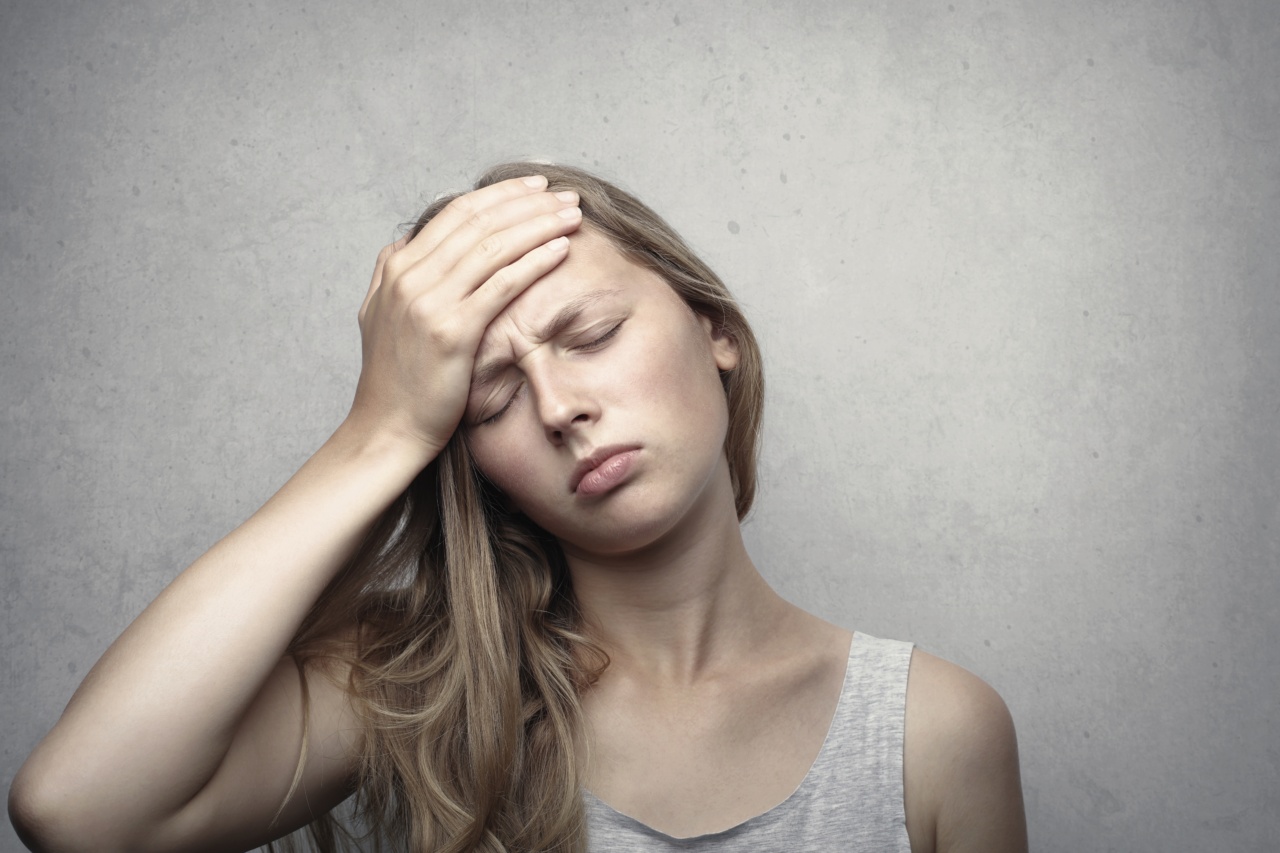Have you ever been sitting in a meeting or trying to complete a task only to find yourself struggling to keep your eyes open? Do you feel like you are in a constant haze throughout the day? These are common symptoms of feeling drowsy.
Drowsiness is a state of feeling tired or weak during the day, which can have a significant impact on your daily activities and overall well-being.
What Causes Drowsiness?
There are several reasons why you may be feeling drowsy during the day. Lack of sleep is the most common cause. If you are not getting enough sleep at night, your body will start to feel fatigued during the day.
This can be especially true if you are not getting enough deep sleep. Poor quality sleep can also leave you feeling tired and sluggish.
In addition to lack of sleep, other factors that can contribute to drowsiness include medications, depression, anxiety, stress, and poor diet.
Certain medical conditions such as sleep apnea, narcolepsy, and restless leg syndrome can also cause persistent drowsiness.
The Effects of Drowsiness
Drowsiness can have several negative effects on your daily life. It can affect your ability to focus and concentrate, making it difficult to complete tasks and retain information.
It can also impact your reaction time, which can be dangerous if you are driving or operating machinery.
Drowsiness can also affect your mood, leading to irritability and frustration. Chronic drowsiness can even lead to depression and anxiety.
Ways to Reduce Drowsiness
If you are experiencing drowsiness during the day, there are several things you can do to reduce symptoms. The most important step is to get enough sleep at night. Most adults need between 7 and 9 hours of sleep each night.
Make sure to establish a regular sleep routine and create a sleep-friendly environment.
Avoiding caffeine, especially in the late afternoon and evening, can also help reduce drowsiness. Regular exercise, a healthy diet, and stress-management techniques such as meditation and deep breathing can also help reduce drowsiness.
When to See a Doctor
If your drowsiness persists even after making lifestyle changes, it may be a sign of a more serious underlying condition. If you experience excessive daytime drowsiness, snoring, or gasping for air during sleep, you may have sleep apnea.
If your drowsiness is accompanied by other symptoms such as difficulty concentrating, memory problems, or mood changes, it is important to see a doctor for further evaluation.
The Bottom Line
Drowsiness is a common problem that can have a significant impact on your daily life. It can impact your ability to stay focused and alert, leading to decreased productivity, mood changes, and even depression.
If you are experiencing drowsiness, it is important to take steps to reduce symptoms and speak with a doctor if necessary.




























